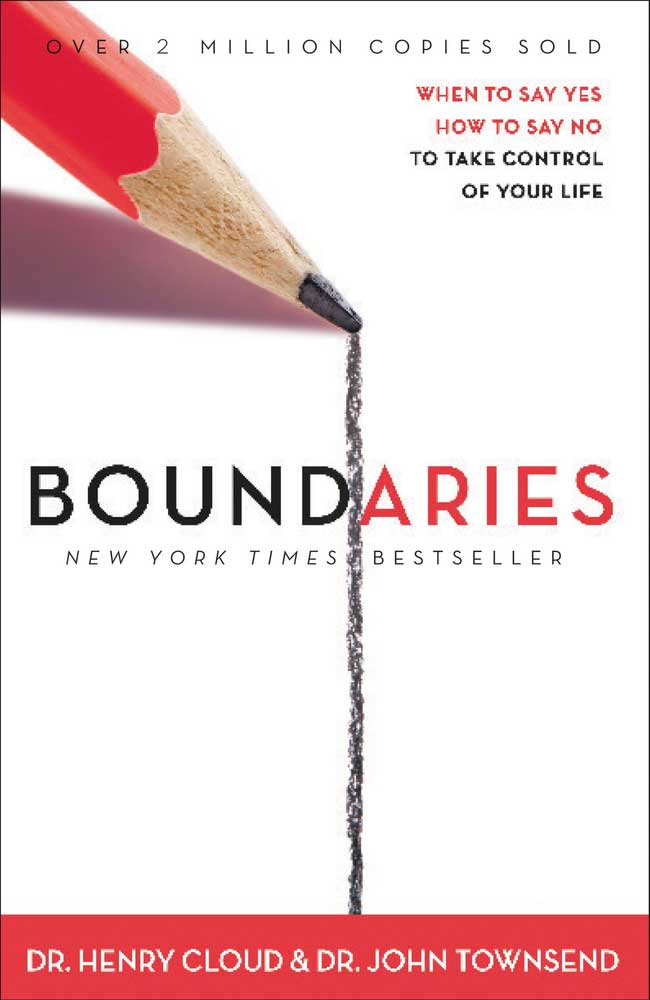The good news is a growing number of articles and resources are helping parents divorce in ways that minimize the effect on their children. The bad news is a key issue is often overlooked.
An article by Dr. Alan Blotcky is an example. He raises some of the issues children of divorce face and offers helpful information for parents who are splitting. The doctor pulls no punches when he writes,
“Placing children in a position where they have to choose one parent over the other is harmful to them. Remember, children want to love both of their parents. That should not be disrupted or undermined by either parent.”1

The Problem
Unfortunately divorce, by its very nature, puts children (and adults) in the position of choosing one parent over the other. Actress, Gwyneth Paltrow, illustrated the internal challenge her kids face while sharing about her and her ex’s commitment to them:
‘What that really means is, “Even though today, you hate me and you never want to see me again, we’re going to brunch, cause it’s Sunday and that’s what we’ll do!”2
True, most parents have an active dislike for each other rather than hate, but even “ideal” divorces still create, what I call, the loyalty challenge. The loyalty challenge boils down to an unspoken question; which parent do you love more?

The LC in Childhood
Sometimes it’s blatant. The kids must choose which parent they’ll live with. More often, it begins with separate homes, custody arrangements, and choosing between different, often very different, parent outlooks on life. Then holidays strengthen the loyalty challenge. Who gets you during prime time on Thanksgiving or first on Christmas? Academic activities (and who sits where and when) can culminate with the challenge of limited tickets for a year-end banquet.
A twist on the loyalty challenge finds us feeling like we’re not allowed to enjoy special times, like a vacation, with the other parent. Or guilt—real, implied, or imagined—discourages us from liking the other parent’s partner.
Graduation photos, and what combination of people is in them, opens the door to adulthood…and a new set of loyalty challenges.
The LC in Adulthood
Now we face choosing the parent who gets the engagement, job, or baby announcement first? Weddings…that’s a whole blog by itself. Even funerals create conundrums like, “Is it ok for Mom to be in the family picture on the slide presentation?” “Would Mother even want Pop at her funeral?”
Frustration, anger, anxiety, and even elopements can result from the loyalty challenge. Jesus said, “I came that they may have life and have it abundantly,”3 but the weight of pleasing one parent while hurting the other can reduce abundant life to just surviving if we’re not careful.
Overcoming the LC
- Identify how the loyalty challenge is affecting you. Ask your spouse or friend to describe your temperament before, during, and after the last event with your family. From there dig down to recognize what you were feeling.
- Share what you learn with God in prayer, “Give all your worries and cares to God, for He cares about you,” 1 Peter 5:7. Also, see a counselor if necessary.
- Learn how to create and implement emotional and physical boundaries. Here’s a situation involving an upcoming birth.

“Before the big day, Matt sent a strongly worded email to both his parents, telling them they would each get a call when his wife went into labor. They needed to know that the other might be at the hospital. if they decided they weren’t comfortable with that arrangement, they could stay home and live with the fact that they allowed their own selfishness to cause them to miss their grandchild’s birth. Matt realized he was not responsible for his parent’s feelings or choices. Instead, he focused on what he could control. In this case, Matt chose to make a priority of caring of his wife and giving his attention to the arrival of his child.”4
The key is Matt realized he was not responsible for his parent’s feelings or choices. That’s an emotional boundary. Next he communicated what the circumstances would be. That’s the physical boundaries. Boundaries, by Cloud and Townsend, is a good read on this subject.
- https://blogs.psychcentral.com/divorce/2020/06/divorce-making-children-our-focus/
- http://www.graziadaily.co.uk/2015/07/gwyneth-paltrow-chris-martin-brunch-hate
- John 10:10b ESV
- Generation EX; Adult Children of Divorce and the Healing of Our Pain. Jen Abbas
